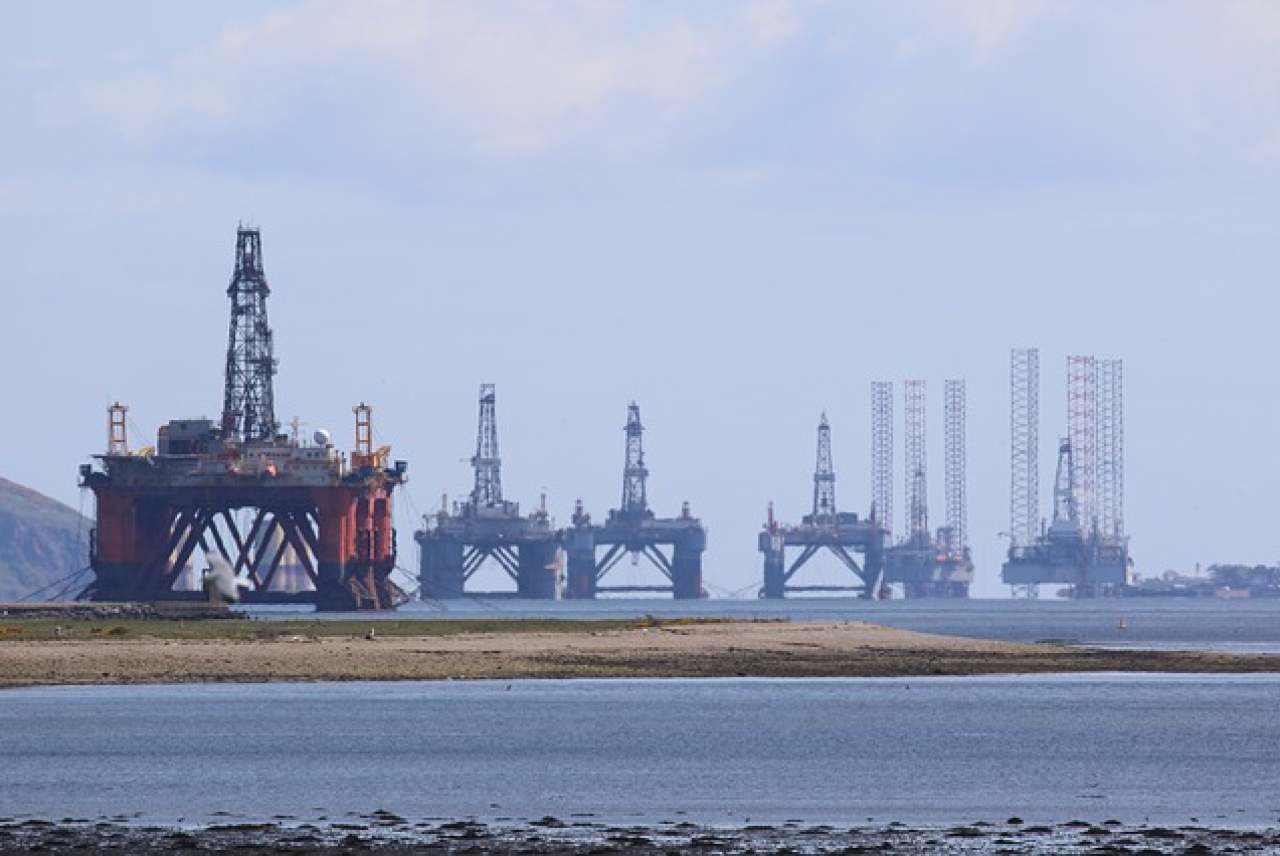With climate change posing a clear and present danger to the health of the planet, we need to take all possible action to avert climate catastrophe.
Our campaign focuses on switching your current accounts, savings accounts, cash ISAs and investment funds away from companies still funding fossil fuel projects. To make maximum impact, switching into accounts which actively support new renewable energy projects is best.
The bad news is that many high street banks and institutions are involved. Our article on banks and the environmental crisis lists some of the top offenders such as Barclays, HSBC, Santander, NatWest and Lloyds are on the list.
However, the good news is that ditching those that support the fossil fuel industry and switching to positive alternatives has never been easier.
Our guides to ethical finance products have recommended alternatives who are seeking to move away from investing in fossil fuels.








